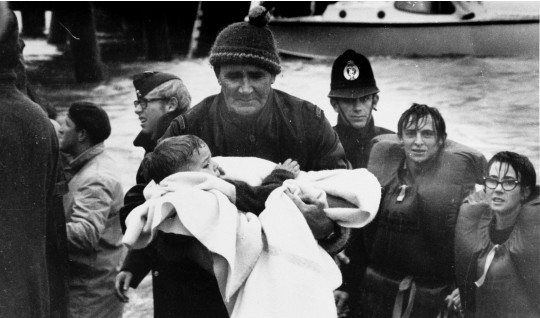If you are having trouble seeing a green 'Post comment' button when you are trying to submit a comment, please check to see if you are using Internet Explorer. If so, follow these instructions:
1. Open the browser
2. Press the Alt key on your keyboard and this will make a menu bar at the top appear
3. Click on tools and then select compatibility view settings
4. Remove all ticks from the 3 boxes
This removes the compatibility setting on your browser and should allow you to see the button.
· Peer review process: Where a blog post has a single author, then the content is always peer-reviewed by at least one senior academic in public health. This is to help ensure that statements have a reasonable basis in terms of scientific plausibility and to ensure that uncertainty is appropriately acknowledged where statements have speculative aspects. For multi-authored blogs there can also be additional peer-review. Of note is that the PHE blog posts are often well-referenced so that readers can readily check the background science and arguments.
· Competing interests: Where a blog post author has a commercial competing interest then this will be acknowledged in a statement at the end of the blog post.
· Relationship with the parent institution: Any views expressed in these blog posts are those of the author(s) alone and not their parent institution. This is consistent with the meaning of academic freedom under the NZ Education Act 1989 (section 161). Furthermore, in a free society, it is undesirable for universities to vet or otherwise control statements by academic staff.
· Comments posted to this blog: These will usually only be included if they add intellectual content to the discussions and are not abusive etc.



